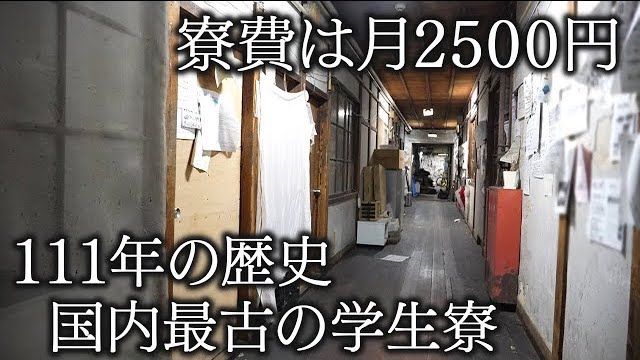After a whirlwind week of coronavirus developments and setbacks that have placed much of the world on edge, the Upper House on Friday approved legislation authorizing Prime Minister Shinzo Abe to declare a state of emergency.
The approval marks a rare occasion of unity — at least on the surface — in Japanese politics, which has been dominated in recent years by fierce clashes between Abe’s ruling coalition and opposition parties.
The law passed with support from the ruling Liberal Democratic Party and Komeito as well as the Constitutional Democratic Party of Japan and the Democratic Party for the People, the two largest opposition parties.
Still, both sides are seeking to score political points. Castigated by critics over his initial handling of the coronavirus outbreak, Abe is in damage control mode and is desperately trying to cast himself as a strong leader capable of steering the country in a time of crisis.
The opposition parties, united in their determination to take down Abe but also at odds with each other on certain issues, used the prime minister’s plea for cooperation as an opportunity to project an image to the public that they are a check and balance against overreach by the administration.
“The opposition parties don’t want to get in the way (of the amendment) and be seen as undermining the Japanese people’s health in a time of national emergency,†said Mieko Nakabayashi, a political science professor at Waseda University and a former Lower House lawmaker with the now-defunct Democratic Party of Japan.The state-of-emergency legislation is an amendment to a law covering influenza and new infectious diseases passed in 2012, when the Democratic Party of Japan was in power.
Abe wanted to expand the law to include COVID-19 so that the government could declare a state of emergency to mitigate repercussions from a surge in infections. His administration argued the amendment was necessary because coronaviruses have been familiar to health authorities for years but were not included in the original law.
Under a state of emergency, prefectural governors would have the authority to request that residents stay inside. They would also be able to call for the temporary closures or downscaling of schools, offices and other public facilities. If such facilities refuse to comply with a request, prefectural governments would be able to disclose their names as a way to ensure measures are enforced.
Prefectural governments would also be able to expropriate land in order to build temporary medical facilities to treat a surge in patients.
Under the provisions, the prefectural government would be able to order medicine and food suppliers to sell their goods to authorities and forcibly procure items from any companies that refuse.
Source: ANNnewsCH










